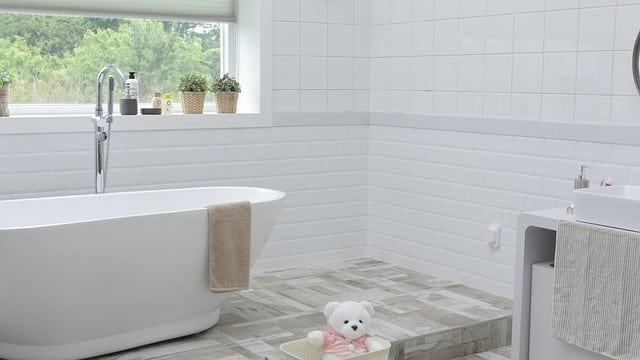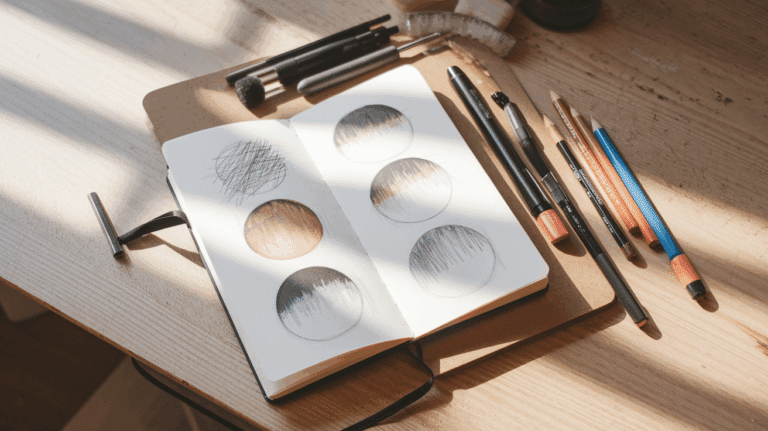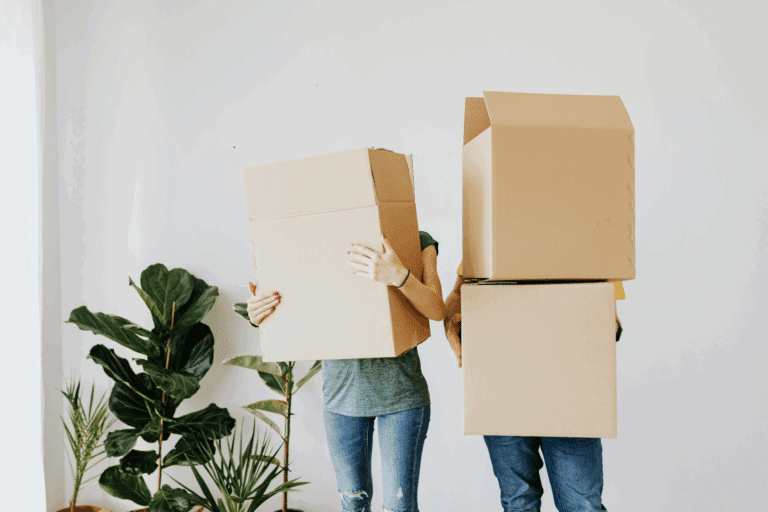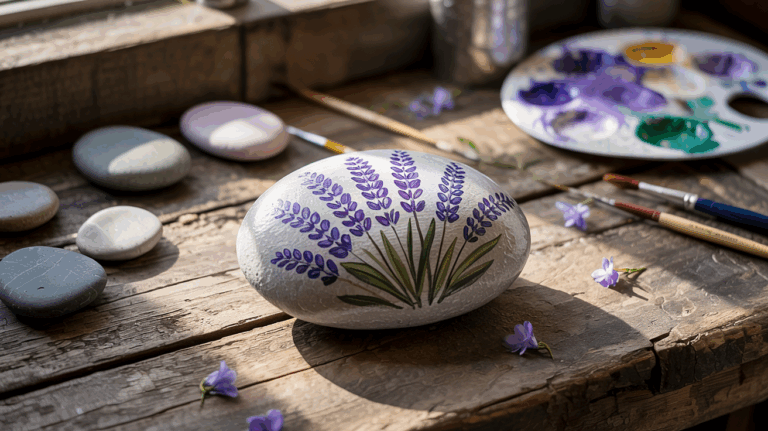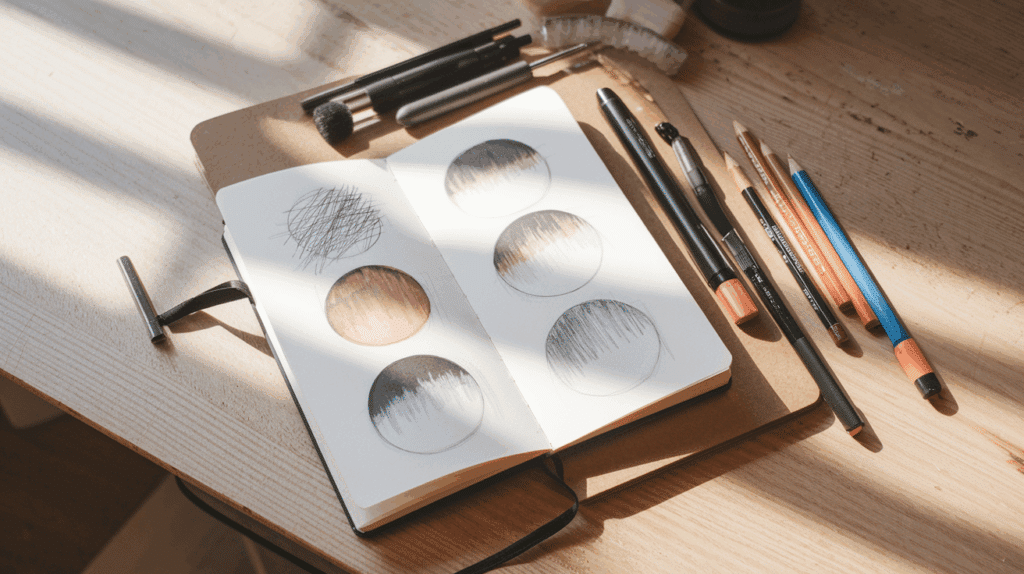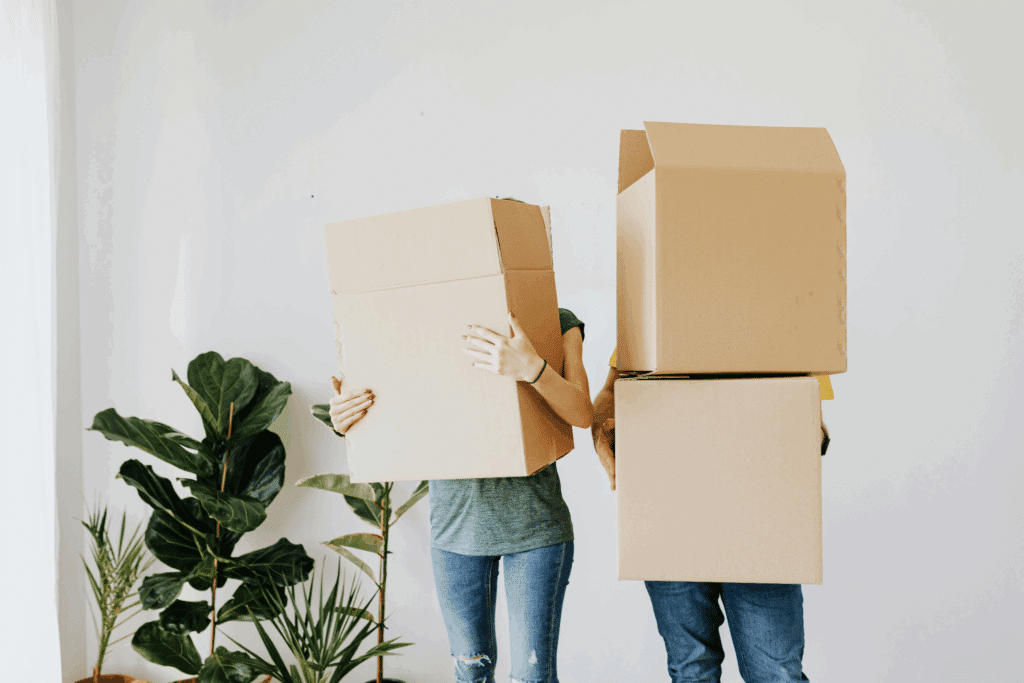Blocked drains are a common but frustrating issue in many homes. Whether it’s a slow-draining sink, a gurgling shower, or a completely clogged pipe, these problems can lead to unpleasant odours, water damage and costly repairs if left untreated.
The good news? Most drain blockages are preventable with a little care and awareness.
From hair buildup in bathroom drains to grease clogs in the kitchen, there are several everyday culprits behind blocked pipes.
Outdoor factors, like tree roots and debris, can also cause serious drainage problems. By understanding what leads to these blockages and taking simple preventative steps, you can keep your plumbing system flowing smoothly.
In this guide, we’ll explore six of the most common causes of drain blockages and share practical tips to prevent them − saving you time, money and stress in the long run.
Common Causes of Drain Blockages
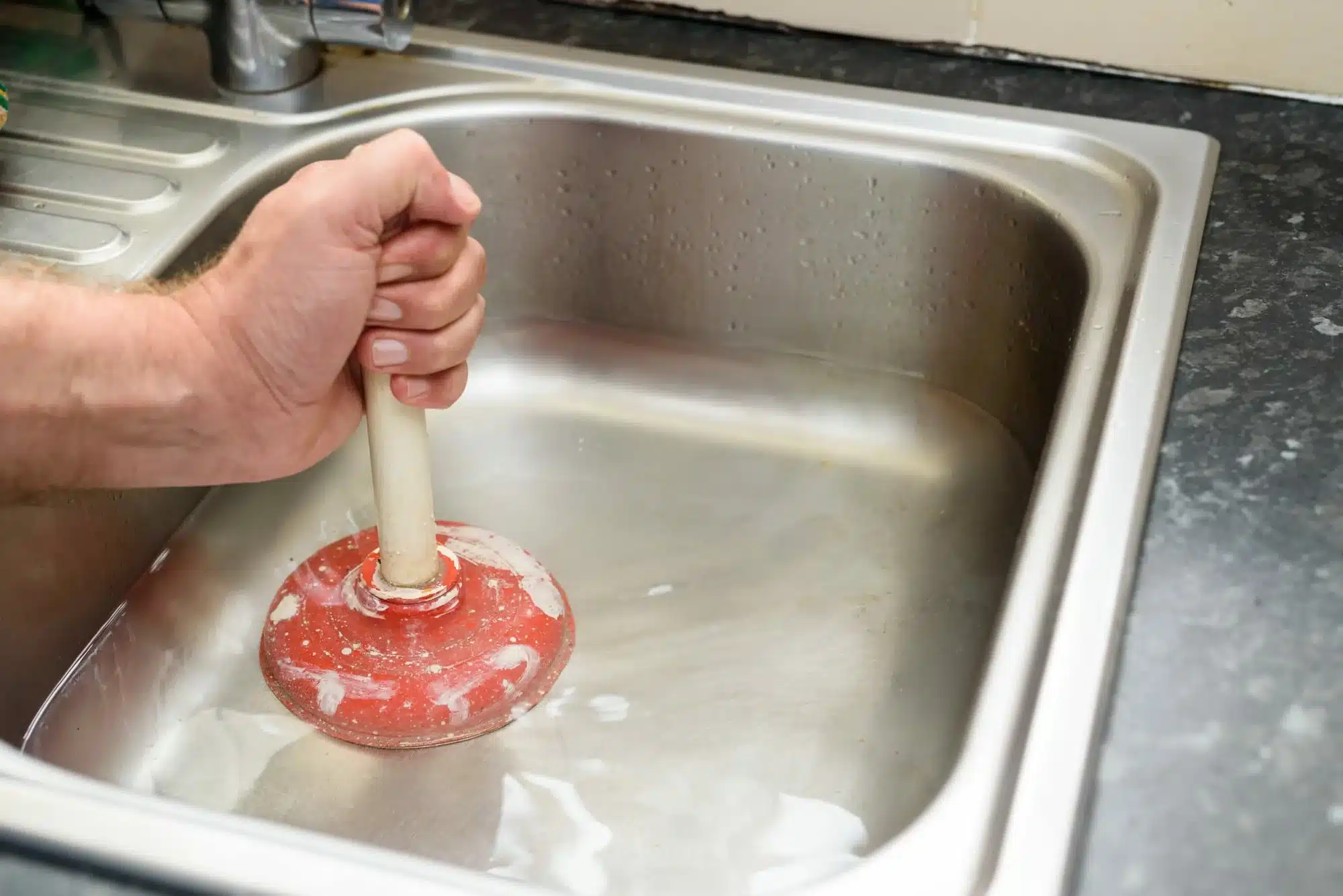
Drain blockages often happen due to everyday habits. Hair, soap scum, food scraps, grease and non-flushable items can clog pipes over time. Outdoor factors like tree roots and debris also contribute.
Understanding these six causes helps you prevent costly plumbing issues.
1. Hair Buildup
Hair is one of the biggest culprits behind clogged bathroom drains. Strands easily slip down the sink or shower drain, where they tangle with soap scum and other debris, creating stubborn blockages. Over time, this buildup restricts water flow, leading to slow drainage and even complete clogs.
To prevent hair-related blockages, use drain strainers to catch loose strands and clean them regularly. Additionally, brushing your hair before showering can help reduce the amount of hair going down the drain.
2. Soap Scum and Residue
Soap may keep you clean, but it can cause messy problems for your drains. When soap mixes with hard water, it forms a thick, sticky residue that clings to pipe walls.
Over time, this buildup narrows pipes, slowing water flow and leading to blockages. To prevent soap scum buildup, consider using liquid soap instead of bar soap, which contains fats that contribute to residue.
Regularly flushing your drains with hot water and vinegar can also help break down stubborn deposits.
3. Food Waste and Grease
Kitchen sinks often suffer from clogs caused by food scraps and grease. While it’s tempting to rinse everything down the drain, grease, fats and oils harden as they cool, sticking to pipe walls and trapping food particles. Over time, this buildup leads to stubborn blockages.
To prevent this, always dispose of grease in a sealed container instead of pouring it down the drain. Use a sink strainer to catch food scraps and regularly flush your drain with hot water.
4. Foreign Objects and Non-Flushable Items
Flushing the wrong items down the toilet is a major cause of drain blockages. Wet wipes, paper towels, sanitary products and even cotton swabs don’t break down like toilet paper, leading to stubborn clogs.
In sinks, small objects like dental floss, coffee grounds and leftover food scraps can also cause buildup. To prevent blockages, only flush toilet paper and human waste.
Use waste bins for everything else, and consider installing drain strainers to catch small debris before it enters pipes.
5. Poor Pipe Installation and Structural Issues
Drain blockages aren’t always caused by what goes down the drain – sometimes, the problem lies in the pipes themselves. Poor installation and structural issues can lead to recurring clogs.
Common problems include:
- Incorrect pipe slope – If pipes aren’t angled properly, water won’t flow efficiently, causing buildup.
- Narrow or low-quality pipes – Smaller or poorly made pipes clog more easily.
- Pipe misalignment – Shifting soil or bad installation can cause sections to separate, trapping debris.
- Corrosion and cracks – Old or damaged pipes can collapse, restricting water flow.
To prevent these issues, always hire a licensed plumber for pipe installations and inspections. Regular maintenance can also help catch structural problems early, avoiding costly repairs.
6. Poor Pipe Installation and Structural Issues
Sometimes, blocked drains aren’t caused by what goes down them but by the pipes themselves. Poor installation, misaligned pipes, or structural damage can lead to recurring blockages.
If pipes are not properly sloped, water won’t drain efficiently, causing buildup. Narrow or corroded pipes can also restrict flow and trap debris.
Over time, shifting soil or wear and tear may cause cracks or collapses. Regular plumbing inspections and professional installation help prevent these hidden causes of drain blockages.
How to Prevent Drain Blockages
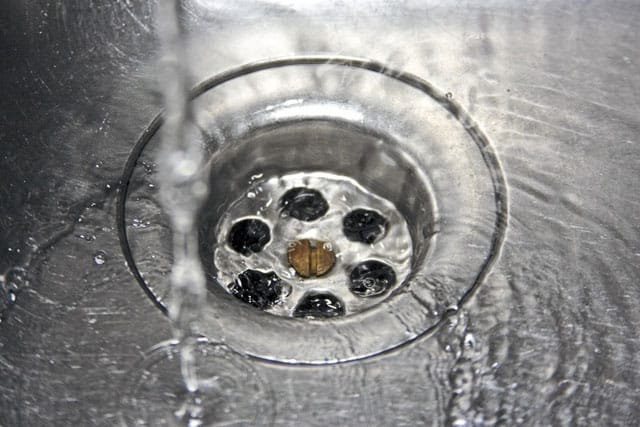
Preventing drain blockages is easier than dealing with them. Use drain strainers, avoid pouring grease down the sink, and dispose of non-flushable items properly.
Regularly clean drains with hot water and vinegar and schedule professional plumbing inspections when needed. Getting rid of tree roots from drains is another important factor.
Here are five handy tips to help prevent drain clogs.
1. Use Drain Covers and Strainers
One of the simplest ways to prevent drain blockages is by using drain covers and strainers. These handy tools catch hair, food scraps, and debris before they enter your pipes.
In the bathroom, strainers prevent hair and soap scum from building up in shower and sink drains. In the kitchen, they stop food particles from washing down the sink.
Regularly clean your strainers to keep them effective. This small investment can save you from major plumbing headaches down the line.
2. Dispose of Waste Properly
Improper waste disposal is a major cause of drain blockages. Being mindful of what goes down your drains can prevent costly plumbing issues. Follow these simple tips:
- Avoid pouring grease and oil – Let them cool and dispose of them in a sealed container.
- Use a sink strainer – Catch food scraps before they enter the drain.
- Only flush toilet paper – Wipes, paper towels and hygiene products should go in the bin.
- Dispose of coffee grounds properly – Throw them in the trash or compost instead of rinsing them down the sink.
- Don’t rinse paint or chemicals – These can harden in pipes or cause corrosion.
Proper waste disposal keeps your drains clear and prevents expensive plumbing repairs.
3. Regular Drain Cleaning and Maintenance
Keeping your drains clean is the best way to prevent blockages. Over time, hair, grease, soap scum and debris build up inside pipes, restricting water flow.
To prevent this, flush your drains weekly with hot water to break down minor buildup. A mix of baking soda and vinegar can help dissolve grease and odours.
For deeper cleaning, consider using a drain snake or calling a plumber for professional maintenance. Regular care keeps your drains flowing smoothly and prevents costly repairs.
4. Be Mindful of What Goes Down the Drain
Many drain blockages happen because of everyday habits. Being careful about what you flush or rinse away can prevent clogs and costly repairs.
Keep these tips in mind:
- Avoid rinsing food scraps – Use a sink strainer to catch debris.
- Never pour grease or oil – It solidifies and sticks to pipes.
- Flush only toilet paper – Wipes, cotton balls and sanitary products belong in the bin.
- Keep hair out of drains – Use a drain cover in the shower.
- Dispose of chemicals properly – Paint, cleaners, and harsh substances can damage pipes.
Small changes in daily habits can make a big difference in keeping your drains clear.
5. Address Plumbing Issues Early
Ignoring slow drains or unusual gurgling sounds can lead to bigger problems down the line. Minor blockages often worsen over time, causing full clogs, water damage, or even pipe bursts.
If you notice slow drainage, unpleasant odours, or recurring blockages, don’t wait − take action immediately. Simple fixes like drain cleaning can help, but persistent issues may require a professional plumber.
Catching plumbing problems early not only prevents costly repairs but also keeps your drainage system running smoothly and efficiently.
Keep Your Plumbing System Flowing
Drain blockages are a common but preventable household issue. Everyday culprits like hair, grease, soap scum and foreign objects can clog pipes, leading to slow drainage and costly repairs.
Fortunately, simple habits − like using drain strainers, disposing of waste properly and scheduling regular maintenance − can keep your plumbing system running smoothly. Addressing minor issues early can also prevent major blockages down the road.
By being mindful of what goes down your drains and taking proactive steps, you can avoid frustrating clogs and expensive plumbing bills. A little care goes a long way in keeping your drains clear and hassle-free.

